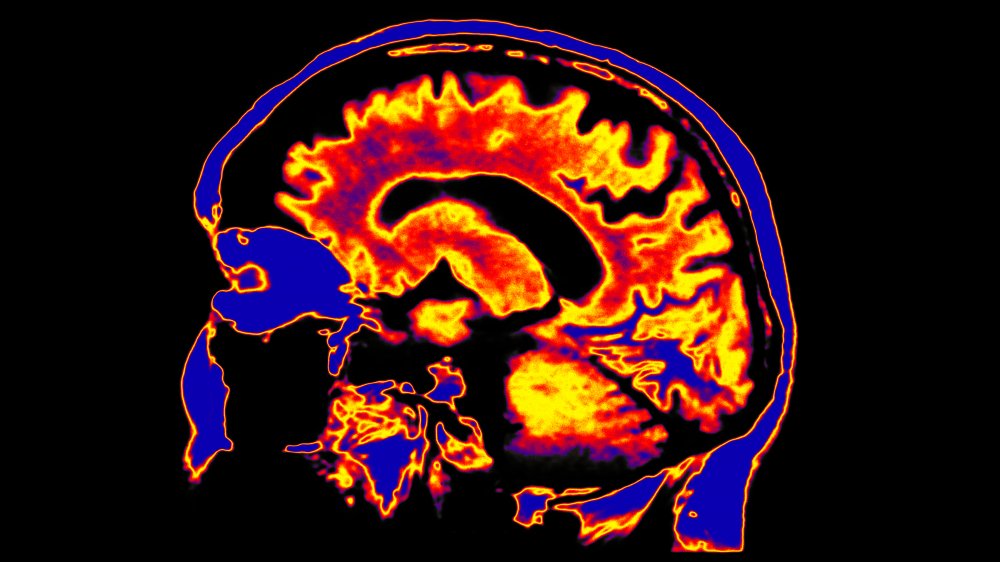'Fascinating' Study Sheds New Light On Consciousness
A new result published in the scientific journal Neuron, has scientists and philosophers alike atwitter about its implications for our understanding of human consciousness. The experiment itself sounds like something out of Dr. Frankenstein's laboratory. Researchers discovered that by prodding a tiny brain region supposedly linked to consciousness, they could cause a fully anesthetized macaque monkey to become suddenly awake and alert. Point of note: do not press during surgery.
Scientists involved with the study are saying that, aside from confirming this brain region's long-speculated connection to consciousness awareness, these fascinating results could lead to new therapies for long-term coma patients.
Scientists discover seat of consciousness in the brain
Despite advances in neuroscience and the widespread use of functional MRI technology, a comprehensive understanding of consciousness and its relationship to the brain continues to elude researchers. Scientists who specialize in brain tinkering have identified several regions of the brain that likely contribute to cognitive function, but they have been reticent to label any specific areas or networks as "neural correlates of consciousness" (NCCs). An NCC is essentially a physical space in the brain that actually regulates an organism's awareness of its own consciousness.
What this new study out of the University of Wisconsin-Madison confirms — at least in macaques — is that the central lateral thalamus is a likely candidate for the long-fabled NCC. This small region is located near the center of forebrain, and can be stimulated to override consciousness-dampening drugs like general anesthesia.
Results could lead to safer anesthesia
MIT professor of neuroscience from the Department of Brain and Cognitive Sciences Earl Miller calls this study "significant." He told Gizmodo, "Theories of consciousness have suggested that the central lateral thalamus plays a key role in keeping the cortex 'awake.' This study provides important evidence supporting that theory."
Terrifyingly, doctors still don't really understand the mechanism by which general anesthesia knocks patients out. We use it because it works, and it works because ... science? The hope among researchers is that these latest developments will lead to a better understanding of the actual mechanisms in the brain regulating awareness.
"Thousands of people are given general anesthesia each year," Miller said. "Knowing how it makes people unconscious is an important step in making anesthesia safe."
Um, let's do that then.


